Pride month is coming to a close. Throughout June, the LGBT+ community has been celebrating our differences and remembering those who fought hard for our acceptance and visibility. Pride is also a time for conversation, and learning how we can make our communities more welcoming to all. The LGBT community is made up of folks from all different backgrounds, colors … and brain types.
Did you know that neurodivergent people are more likely to identify as LGBT? While researchers are still looking into this, studies have shown that, when compared to neurotypical people, individuals with conditions such as ADHD and Autism Spectrum Disorder especially are more likely to report being attracted to people of the same gender and/or to identify as transgender or gender non-conforming. This doesn’t mean that being neurodivergent causes somebody to be gay or the other way around. However, it’s important to recognize that this population does exist and that they have a unique perspective to bring to the table.
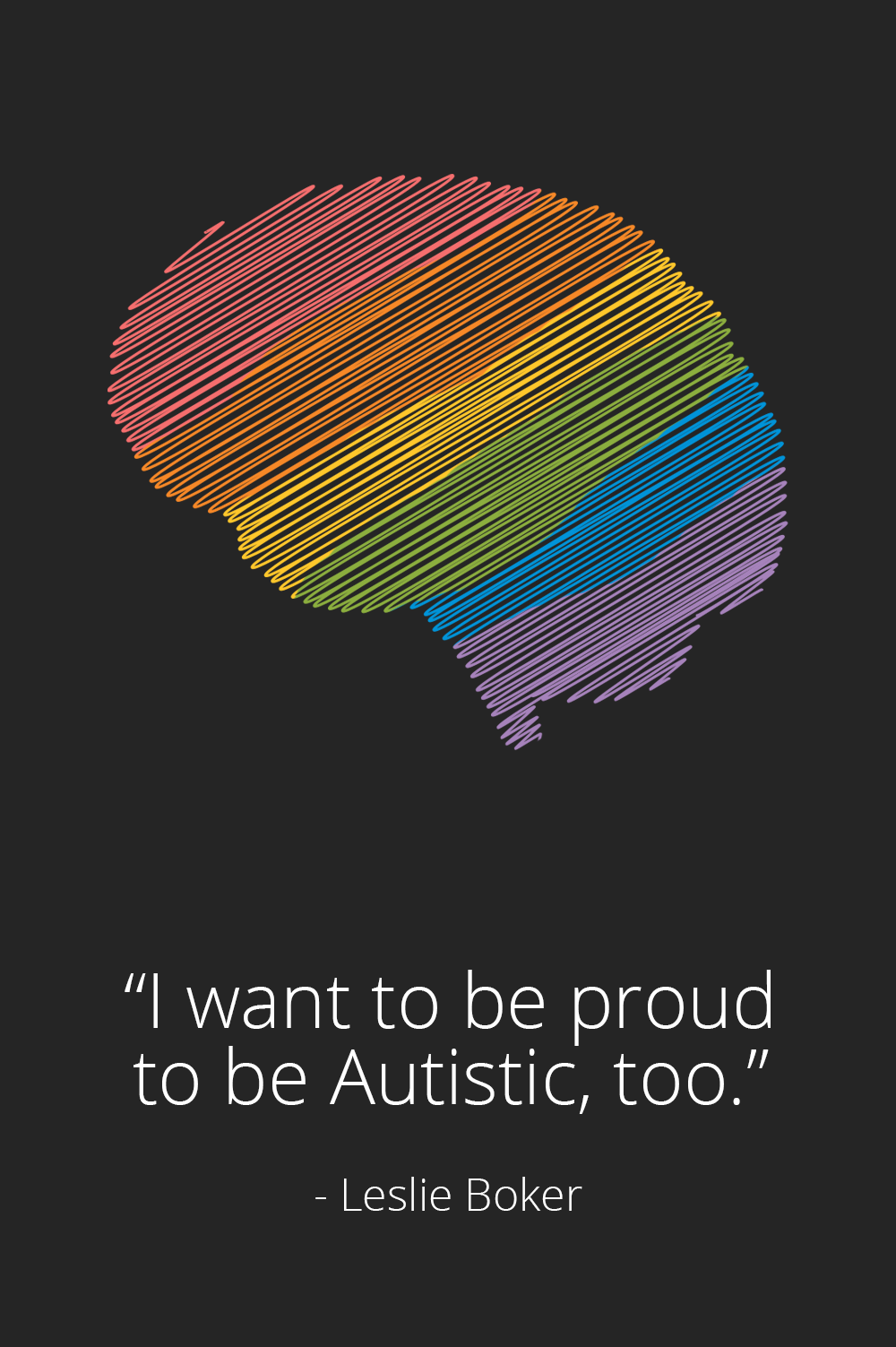
We’re here, We’re Queer and We’re Not Going Anywhere
I sat down with Leslie Boker (pictured on the left), the Proud to Be Healthy Coordinator at the Grand Rapids Pride Center. Leslie helps LGBT individuals connect with doctors and therapists in the area, holds community events centered around health, and speaks at events about health and disability within the LGBT community. They came out as genderqueer in 2001 at age 19 and were themself diagnosed with Aspergers in 2004 at age 21.
I asked Leslie if they’d noticed the overlap of gay and trans people and those with neurodivergencies. “I can tell you from experience that that’s the case,” they told me. One of the events that Leslie has spoken at is the The Midwest Bisexual Lesbian Gay Transgender Asexual College Conference (MBLGTACC). “And every time,” they said, “I wound up with a huge posse of trans and genderqueer Autistic people … like a huge group!”
I also reached out to fellow gay/trans neurodivergent folks on reddit.com, a website with discussion boards for any topic you can think of. I got about 90 responses from people sharing their experiences of being both LGBT and neurodivergent. Like what Leslie had encountered, most of these people were on the autism spectrum.
How does being neurodivergent affect the LGBT experience?
“Neurodivergent people have different understandings of gender sometimes because gender is a socialization strategy,” says Esperanza, a queer non-binary Marketing Associate here at CTC who is on the autism spectrum, “when you have a hard time understanding socialization, it’s going to affect your ability to understand those strategies or even see the use in them.”
Sometimes, this can make coming out as gay or trans easier. For Leslie, it was a no-brainer. “I was already a strange kid,” they told me, “I didn’t feel any need to do gender the way that other people were doing, because I was going to get teased no matter what.” One Reddit user had a similar experience, stating, “I was always ‘the weird kid’ … So coming out as pansexual and non-binary wasn’t that big of a deal, because people who liked me had already accepted I was probably not straight.”
Unfortunately, not everyone has this experience. For some, being neurodivergent can make coming out more challenging. Another Reddit user, who asked to be called Emily, stated that her difficulty with social relationships made it harder to realize she was bisexual. “I would meet someone and have such a strong desire to be in their life,” she told me, “I couldn’t differentiate if it was romantic or platonic desire. I honestly think my Autism played a huge part in this confusion.”
Regardless, all of these folks realized one way or another that they were part of the LGBT community. Finally, they’ve figured out that they’re not alone and there are other people like them. It’s smooth sailing from here on out … right? Well, not always.
It’s Not All Drag Queens and Rainbows
Unfortunately, even within the LGBT community, there are still many obstacles for neurodivergent people.
“I will tell people I’m non-binary that I will not tell I am Autistic,” stated Leslie. As mentioned before, Leslie does a lot of public speaking at LGBT and health events. They currently have over 150 presentations under their belt. However, despite having years of education and experience, Leslie will still be turned away from speaking at such events. “Occasionally, I take a risk and I tell the people I’m going to be presenting to that I’m Autistic,” they said, “If it’s before there’s a contract, they will not have me speak … they assume that I can’t give high quality service, somehow.” Leslie says that this doesn’t happen if they simply say that they’re disabled.
Some of the folks on Reddit spoke about feeling alienated at pride events that center around socialization, parties and parades. These celebrations, while fun, can be difficult for people who have sensory issues. “I have often felt like I’m not proud enough because I don’t like the parades,” wrote one Reddit user, “When there’s bright colours and music and strangers in a crowd I just can’t cope.”
Being gay or trans can make life more difficult. Being neurodivergent can make life more difficult. Being neurodivergent and LGBT comes with an even more unique set of struggles. It’s important that these individuals are able to be themselves and have their voices heard. When giving their presentations, Leslie said that they often won’t include “autistic” as a label that they are proud of like trans, non-binary, and even disabled. “I am proud to be disabled,” they said, “I want to be proud to be Autistic, too.”
Sources/More Information
https://pubmed.ncbi.nlm.nih.gov/29159906/
https://journals.sagepub.com/doi/10.1177/1362361317714587
https://pubmed.ncbi.nlm.nih.gov/24619651/
https://pubmed.ncbi.nlm.nih.gov/28597143/
https://pubmed.ncbi.nlm.nih.gov/23901152/
https://sparkforautism.org/discover_article/webinar-sexual-orientation-gender-identity-asd/

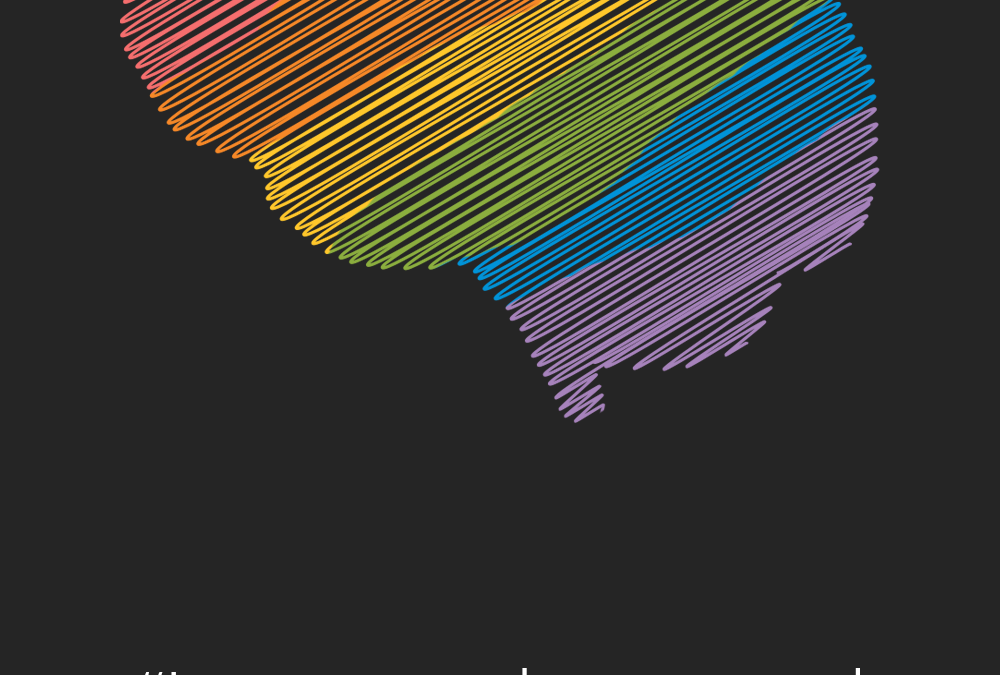
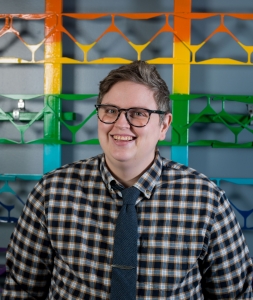
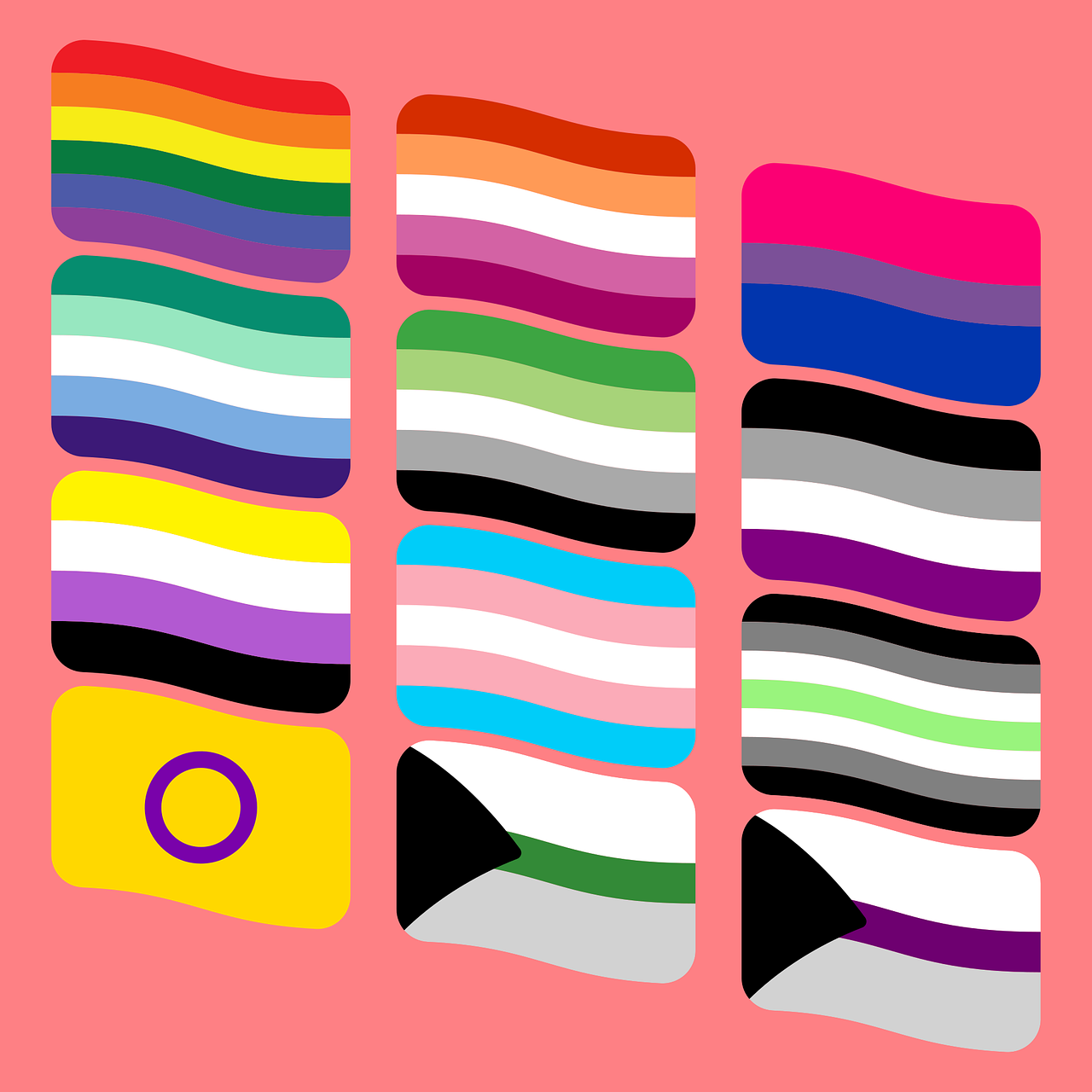
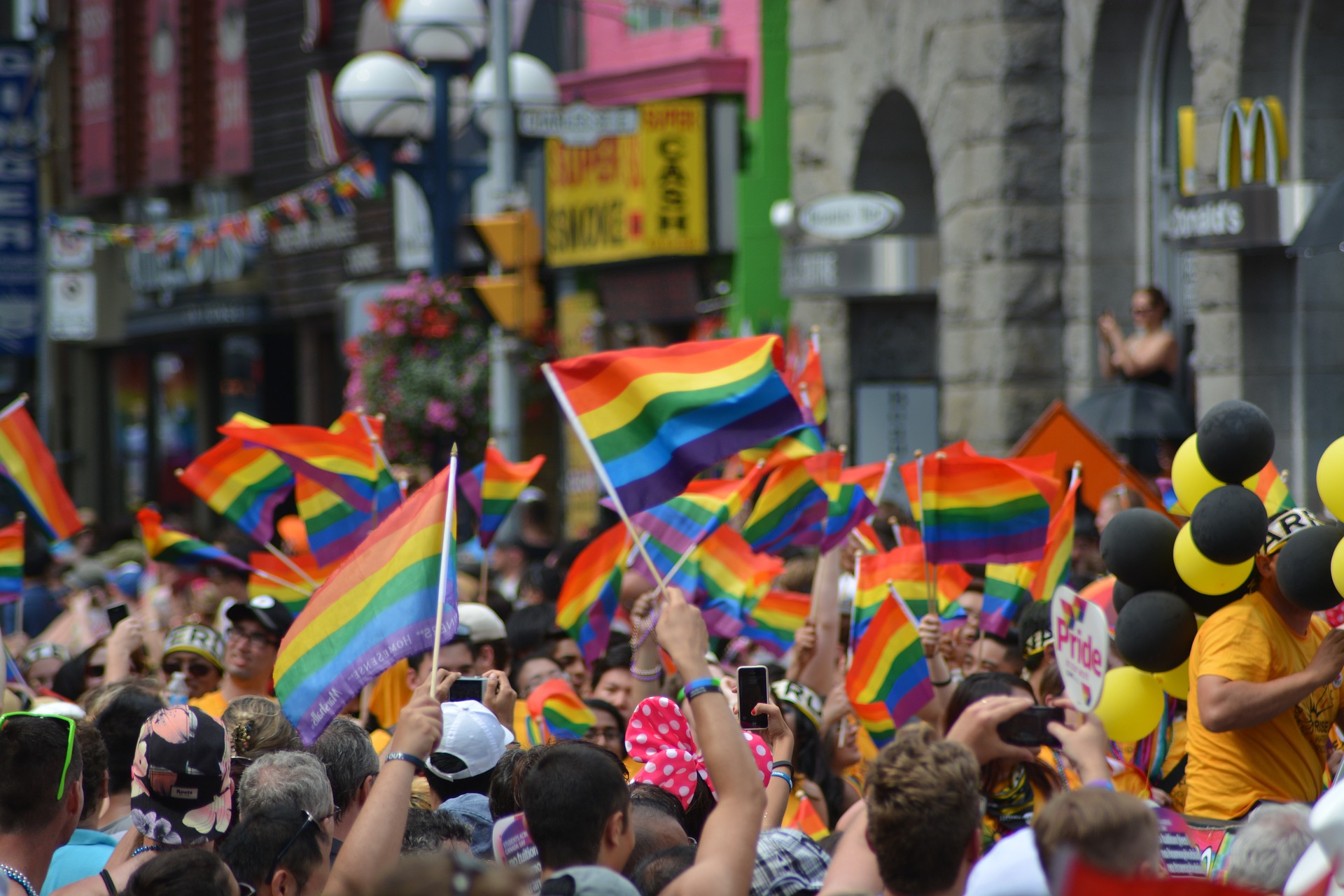
Recent Comments